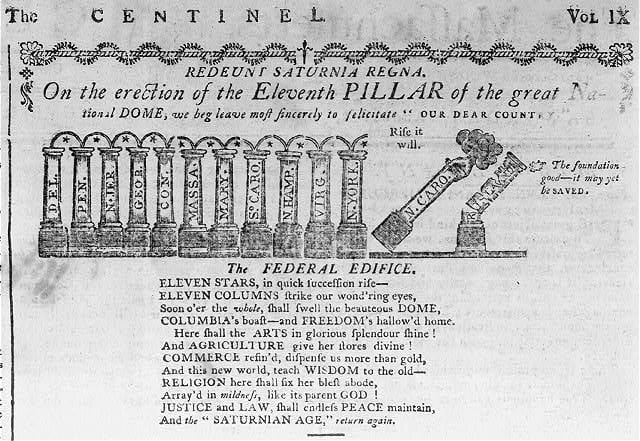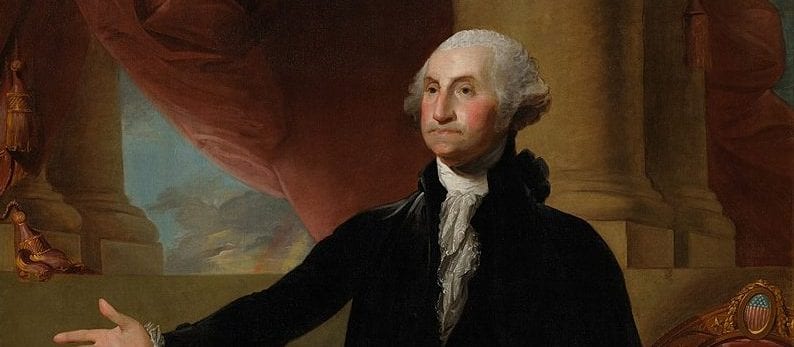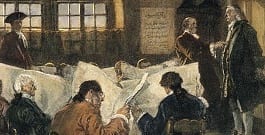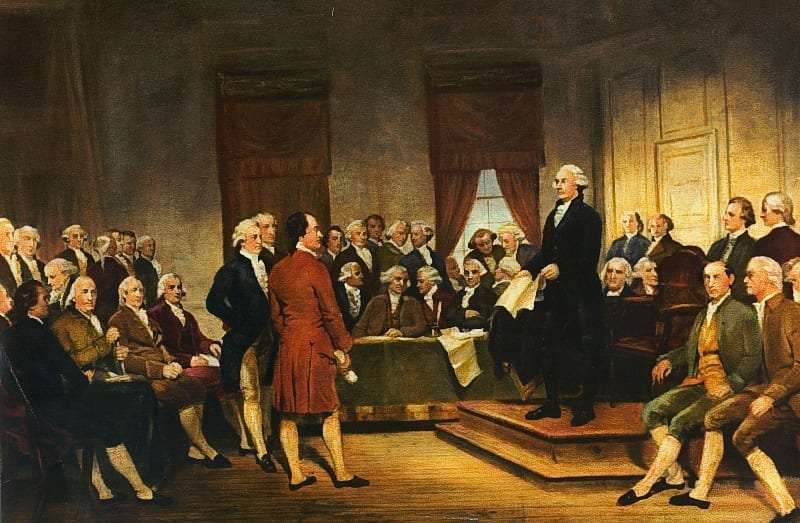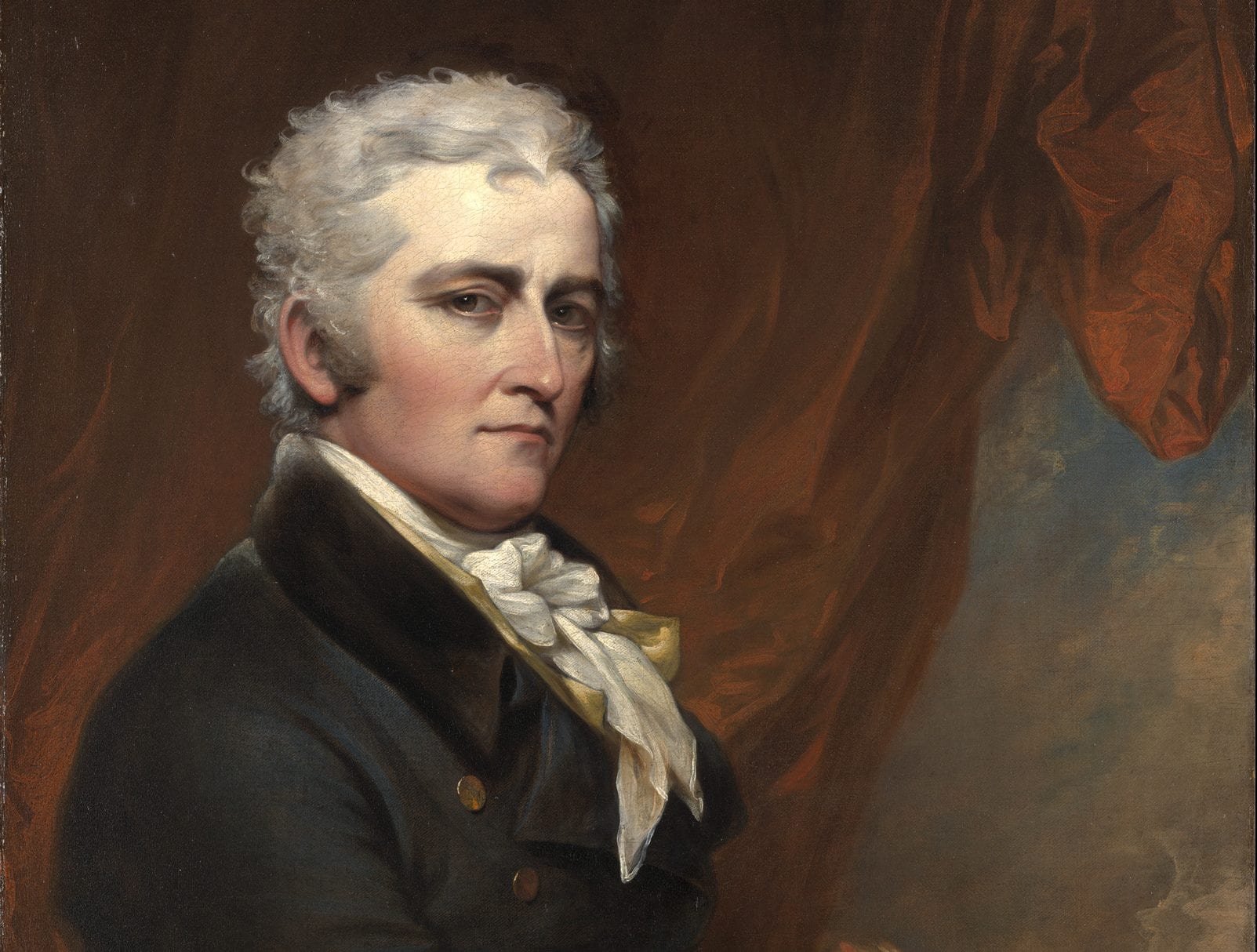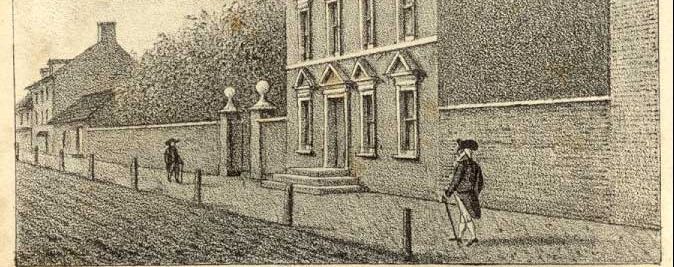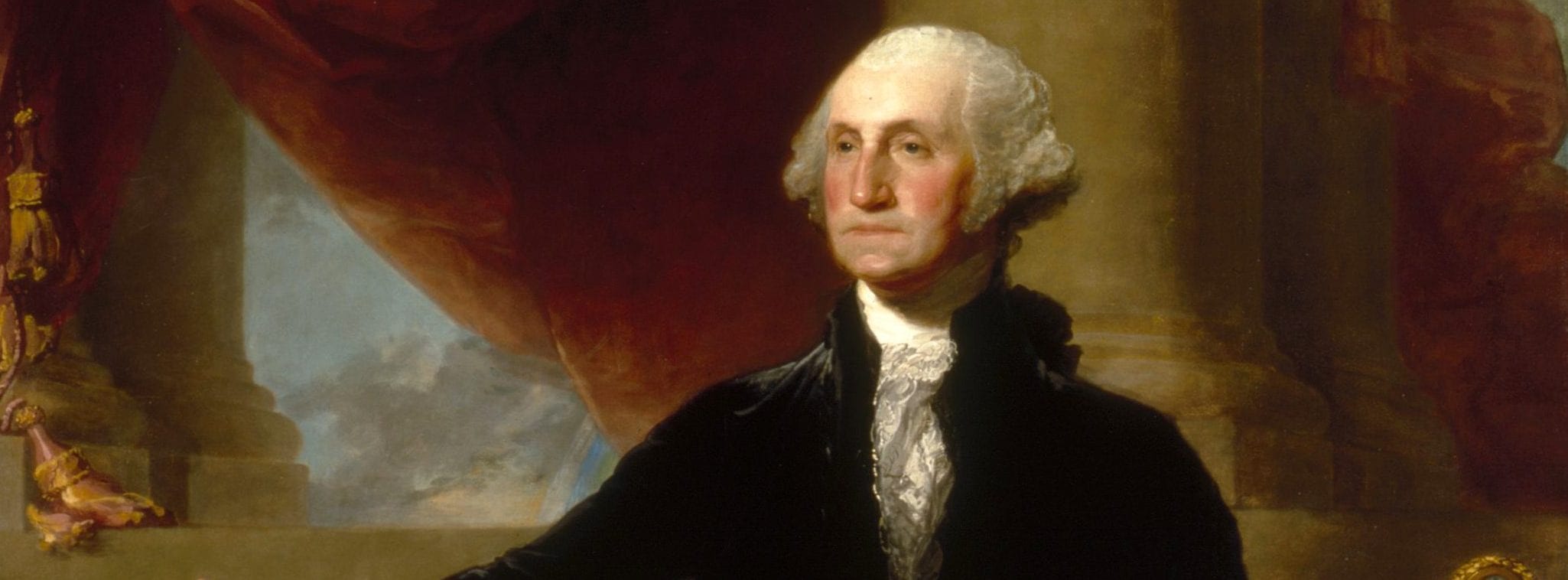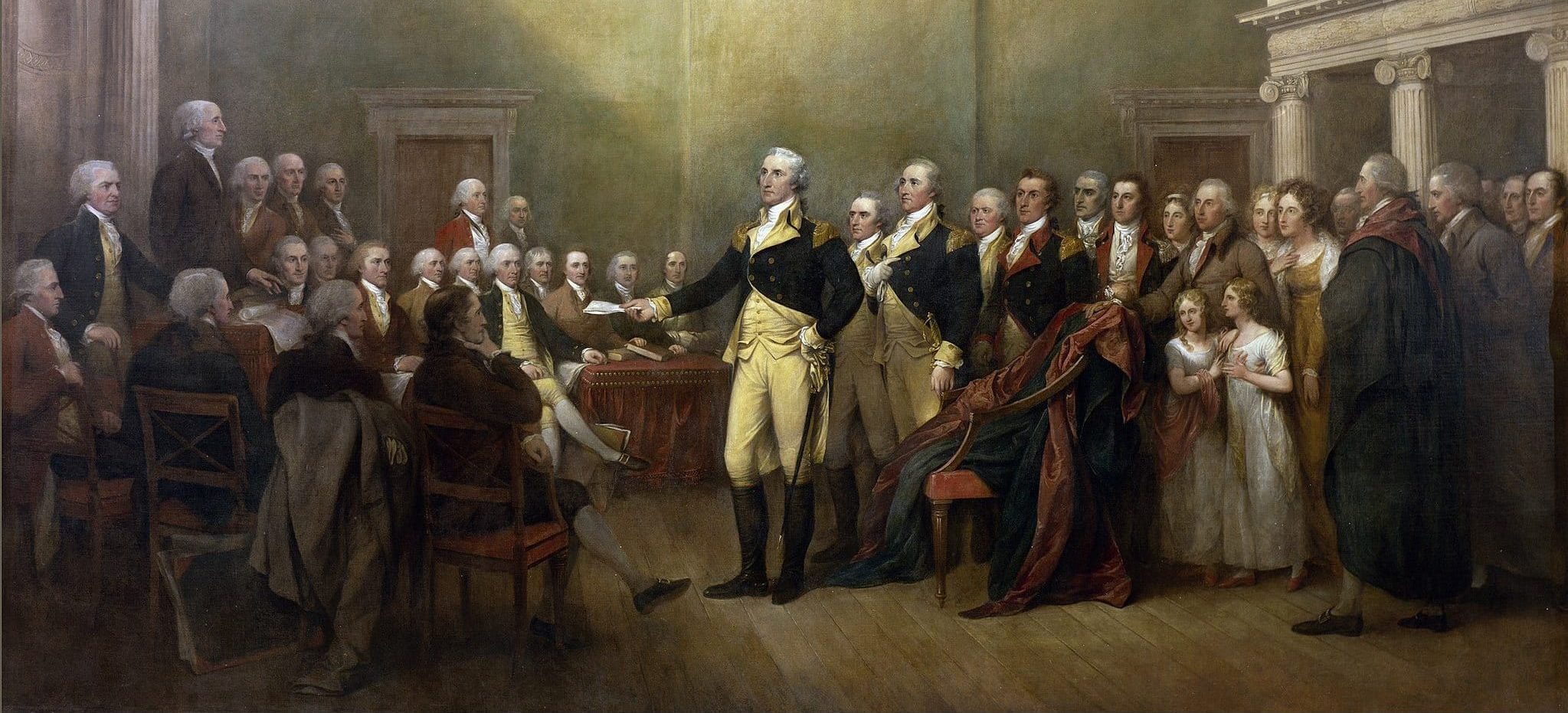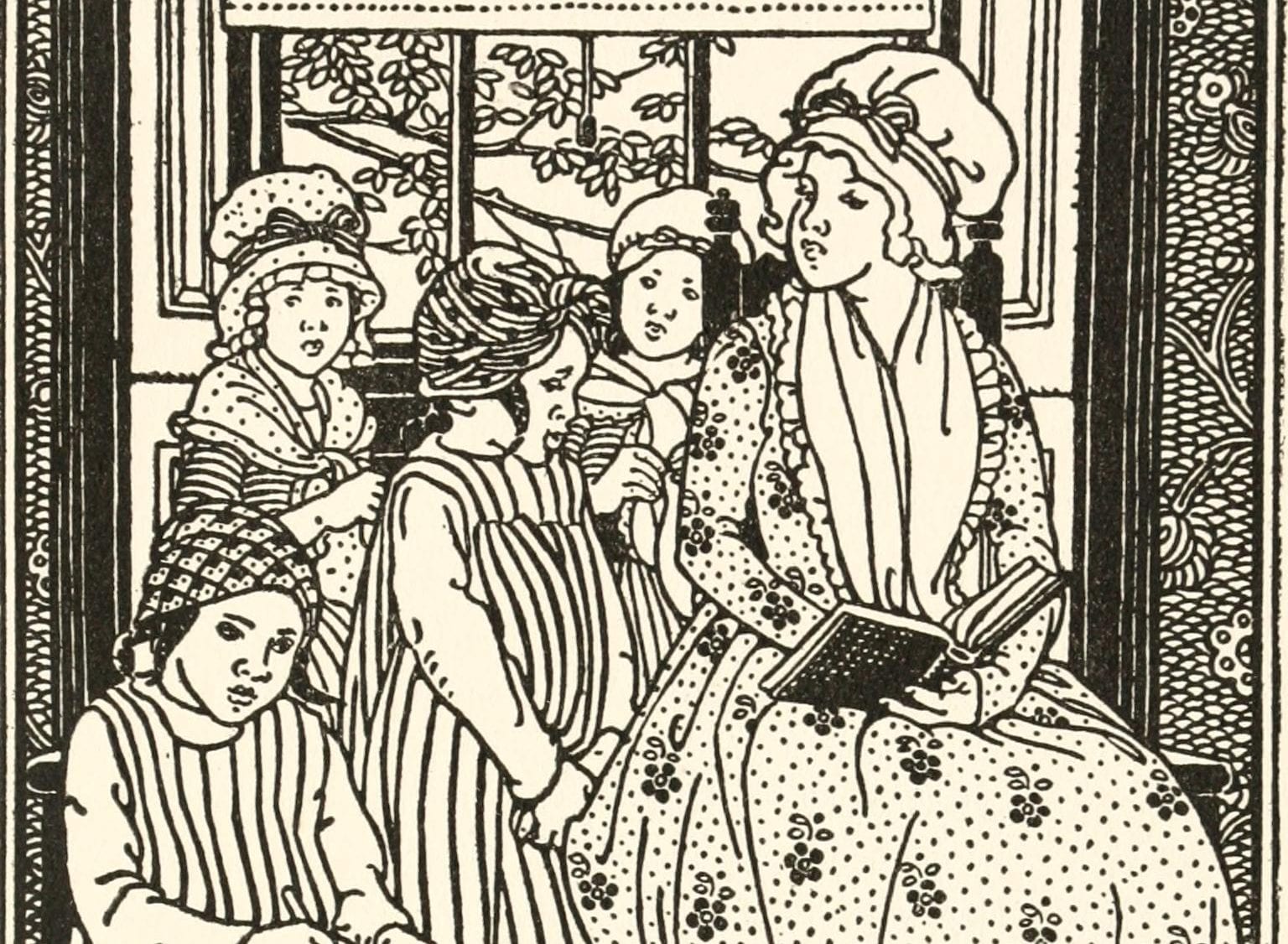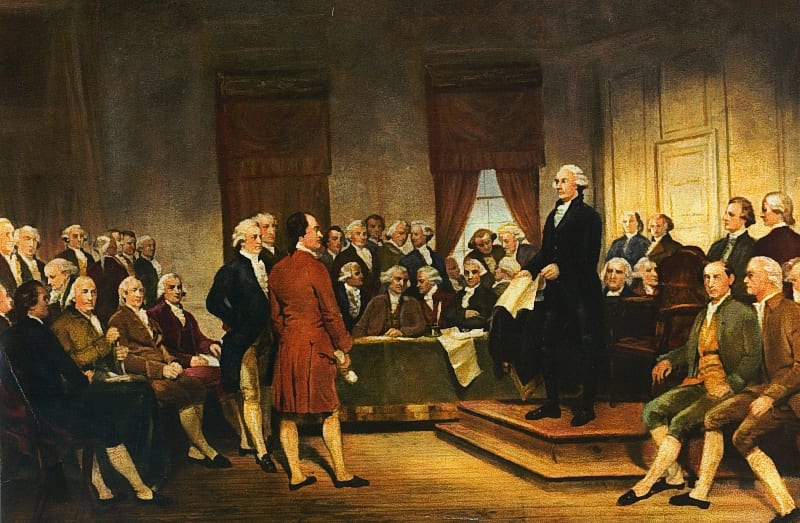To the PEOPLE of CONNECTICUT.
You are now called on to make important alterations in your government, by ratifying the new federal constitution.
There are, undoubtedly, such advantages to be expected from this measure, as will be sufficient inducement to adopt the proposal, provided it can be done without sacrificing more important advantages, which we now do or may possess. By a wise provision in the constitution of man, whenever a proposal is made to change any present habit or practice, he much more minutely considers what he is to lose by the alterations, what effect it is to have on what he at present possesses, than what is to be hoped for in the proposed expedient.
Thus people are justly cautious how they exchange present advantages for the hope of others in a system not yet experienced.
Hence all large states have dreaded a division into smaller parts, as being nearly the same thing as ruin; and all smaller states have predicted endless embarrassment from every attempt to unite them into larger. It is no more than probable that if any corner of this State of ten miles square, was now, and long had been independent of the residue of the State, that they would consider a proposal to unite them to the other parts of the State, as a violent attempt to wrest from them the only security for their persons or property. They would lament how little security they should derive from sending one or two members to the legislature at Hartford & New Haven, and all the evils that the Scots predicted from the proposed union with England, in the beginning of the present century, would be thundered with all the vehemence of American politics, from the little ten miles district. But surely no man believes that the inhabitants of this district would be less secure when united to the residue of the State, than when independent. Does any person suppose that the people would be more safe, more happy, or more respectable, if every town in this State was independent, and had no State government?
Is it not certain that government would be weak and irregular, and that the people would be poor and contemptible? And still it must be allowed, that each town would entirely surrender its boasted independence if they should unite in State government, and would retain only about one eightieth part of the administration of their own affairs.
Has it ever been found, that people’s property or persons were less regarded and less protected in large states than in small?
Have not the Legislature in large states been as careful not to over burden the people with taxes as in small? But still it must be admitted, that a single town in a small state, holds a greater proportion of the authority than in a large.
If the United States were one single government; provided the constitution of this extensive government was as good, as the constitution of this State now is, would this part of it be really in greater danger of oppression or tyranny, than at present? It is true that many people who are great men because they go to Hartford to make laws for us once or twice in a year, would then be no greater than their neighbours, as much fewer representatives would be chosen. But would not the people be as safe, governed by their representatives, assembled in New-York or Philadelphia, as by their representatives assembled in Hartford or New-Haven. Many instances can be quoted, where people have been unsafe, poor and contemptible, because they were governed only in small bodies; but can any instance be found where they were less safe for uniting? Has not every instance proved somewhat similar to the so much dreaded union between England and Scotland, where the Scots, instead of becoming a poor, despicable, dependent people, have become much more secure, happy, and respectable? If then, the constitution is a good one, why should we be afraid of Uniting, even if the Union was to be much more compleat and entire than is proposed?








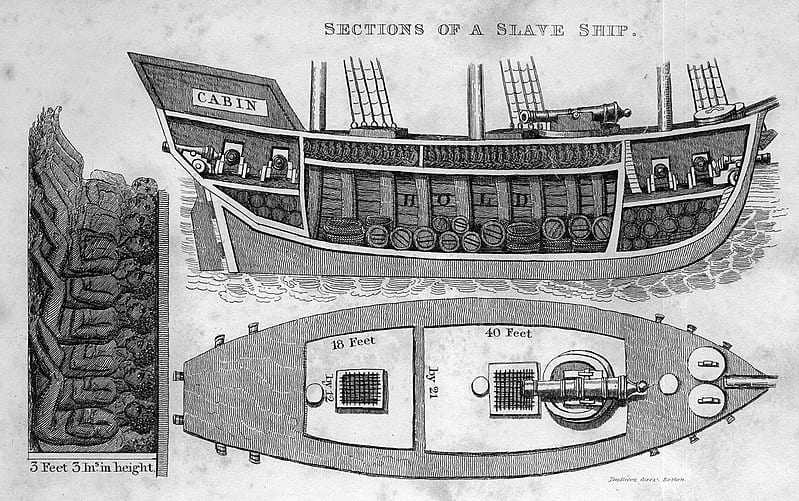






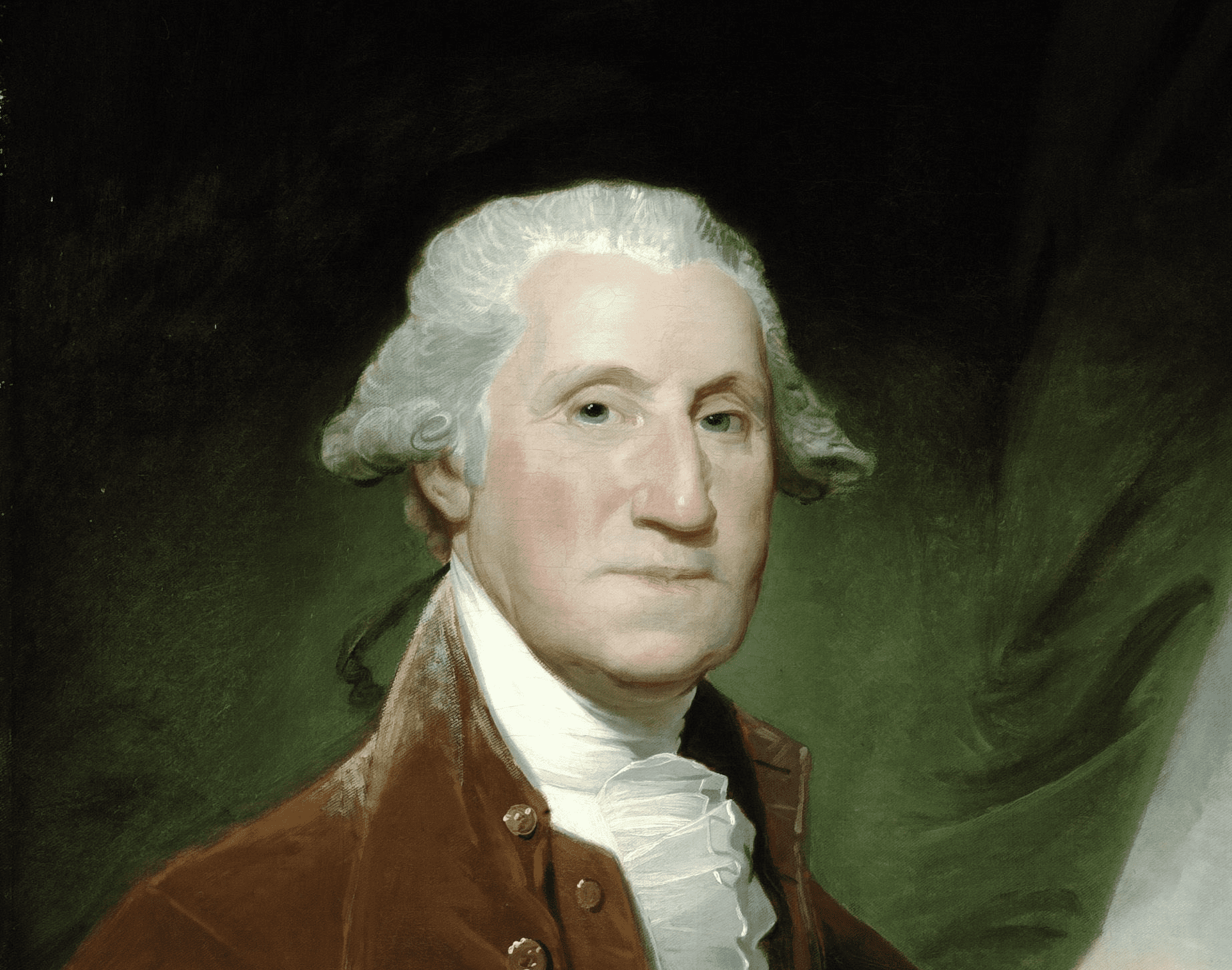















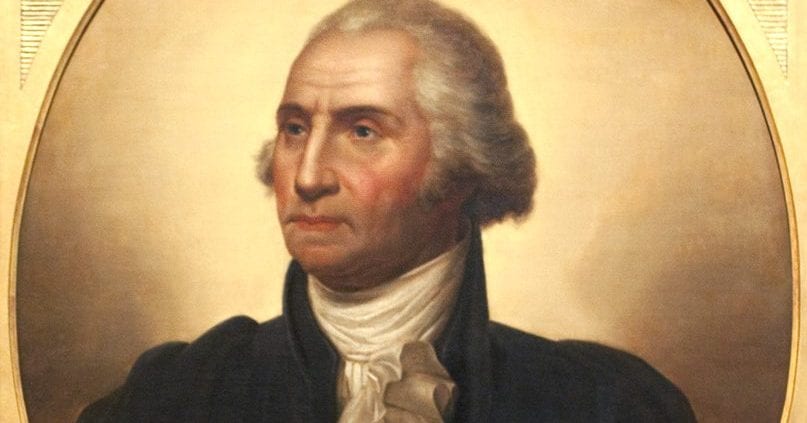
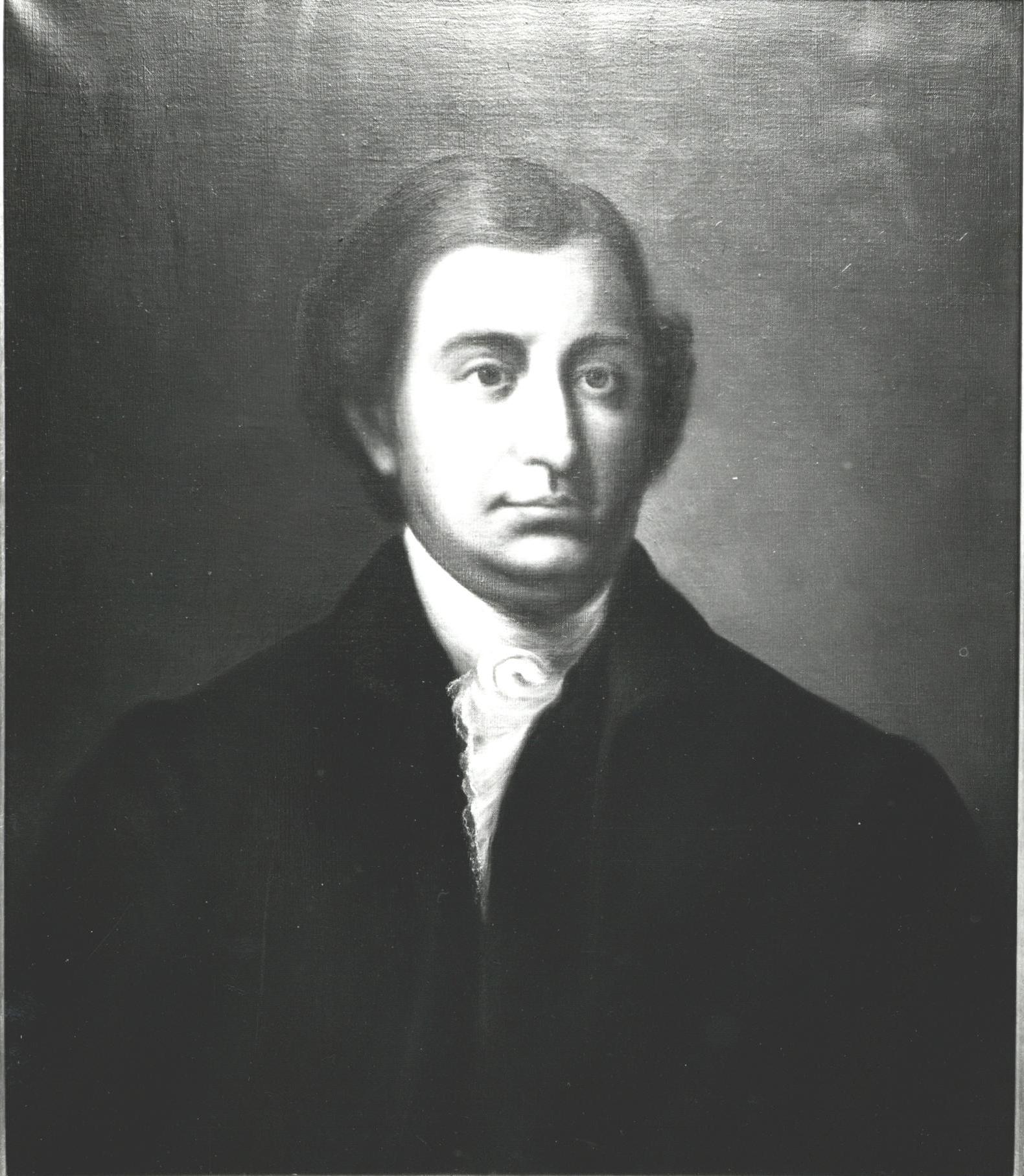
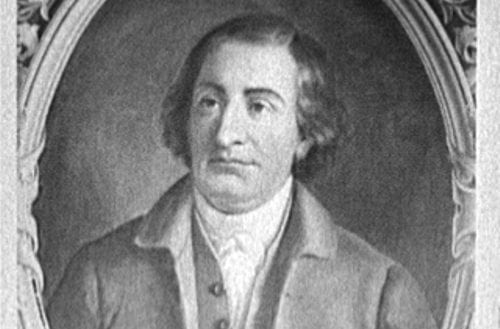
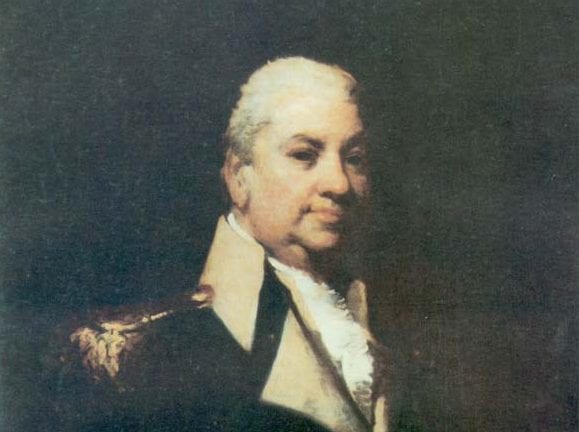


















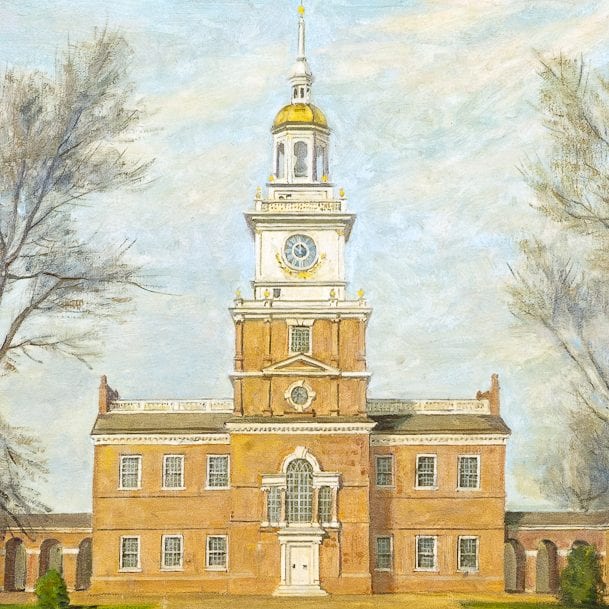

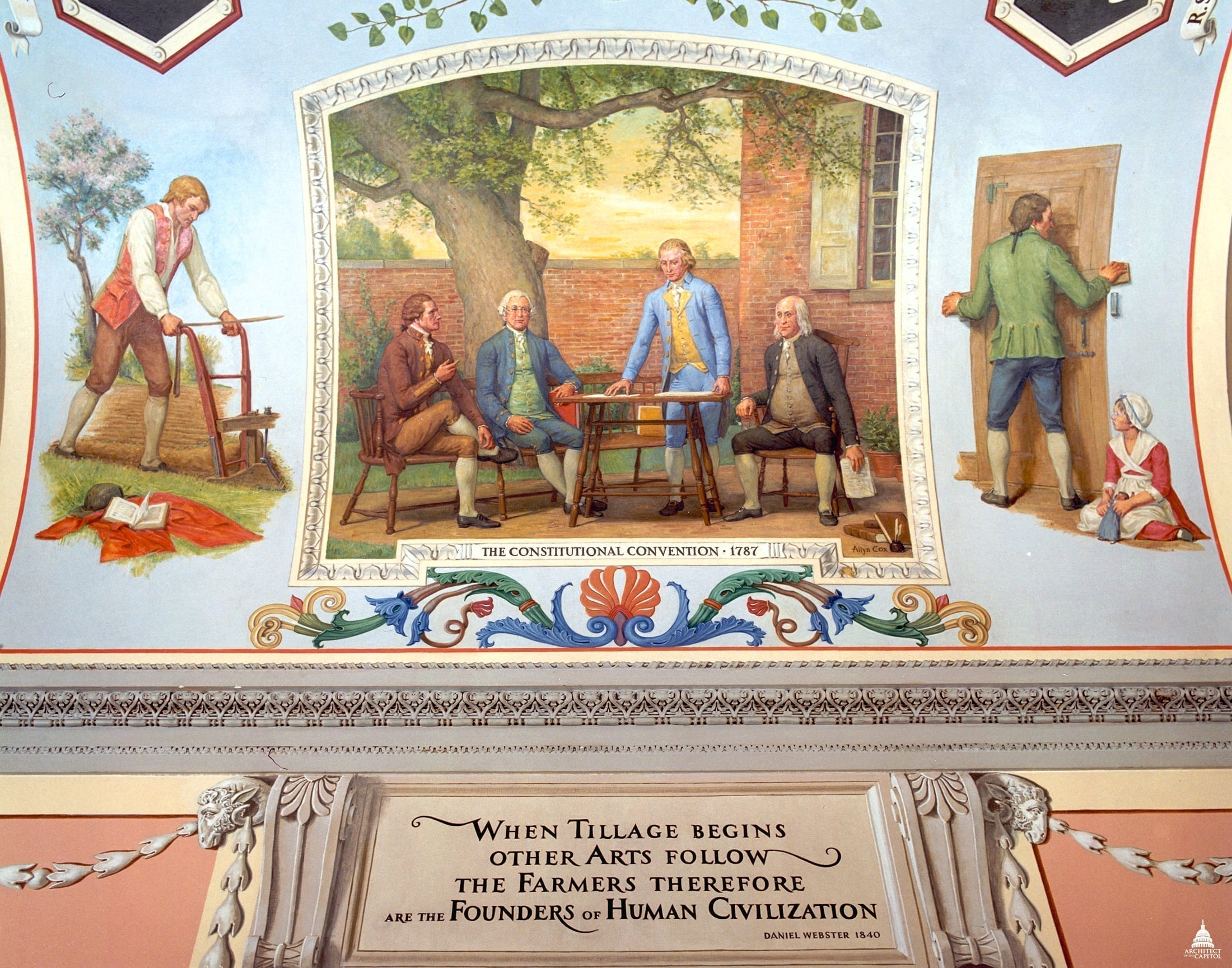

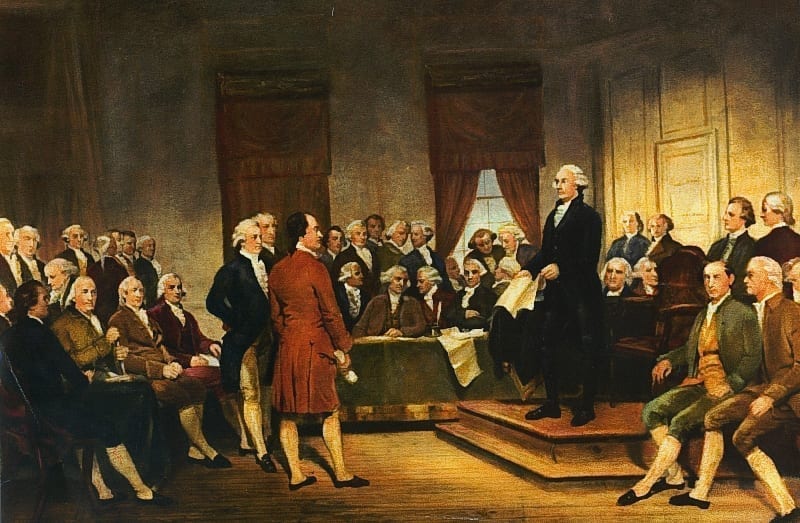


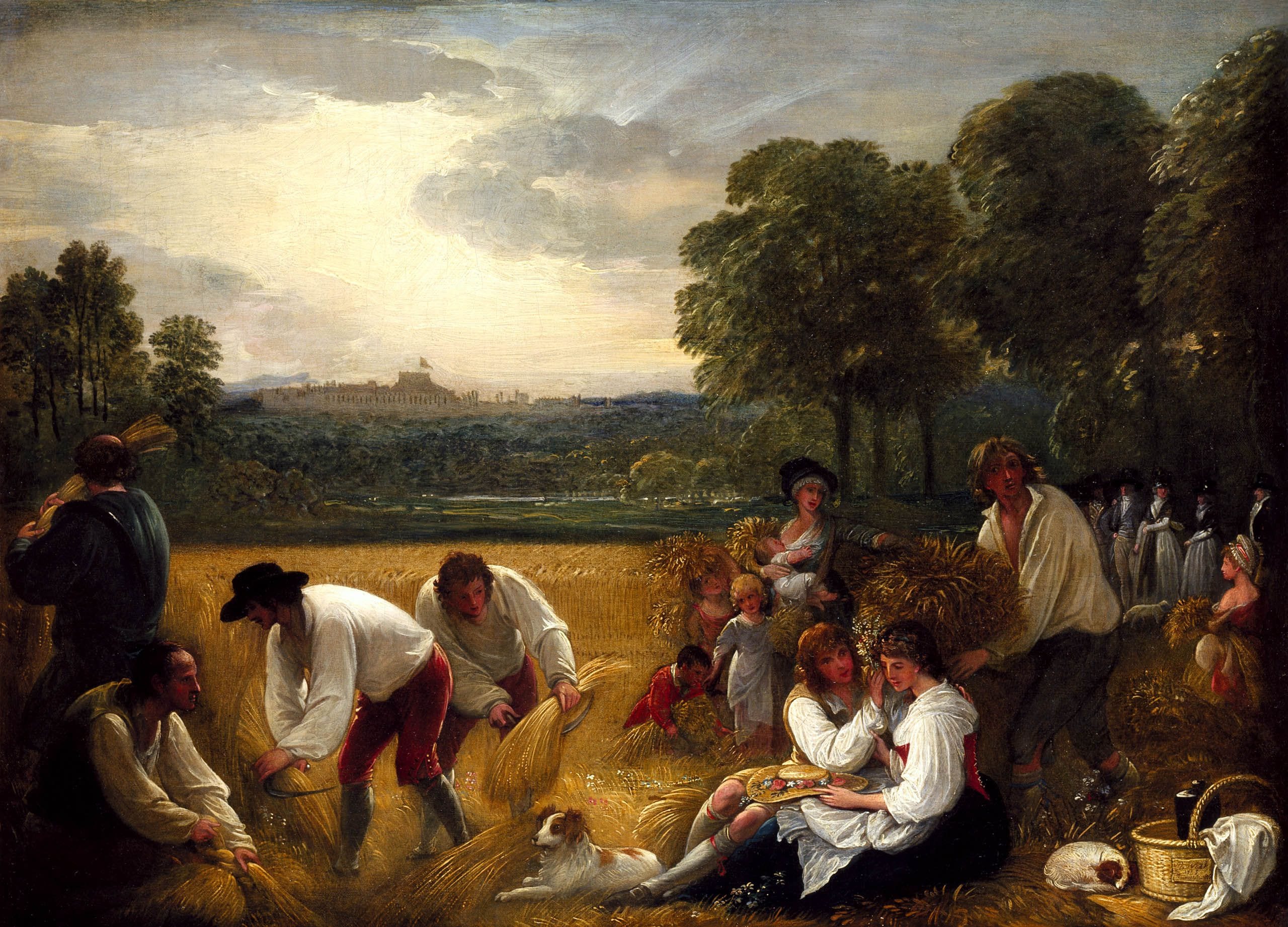


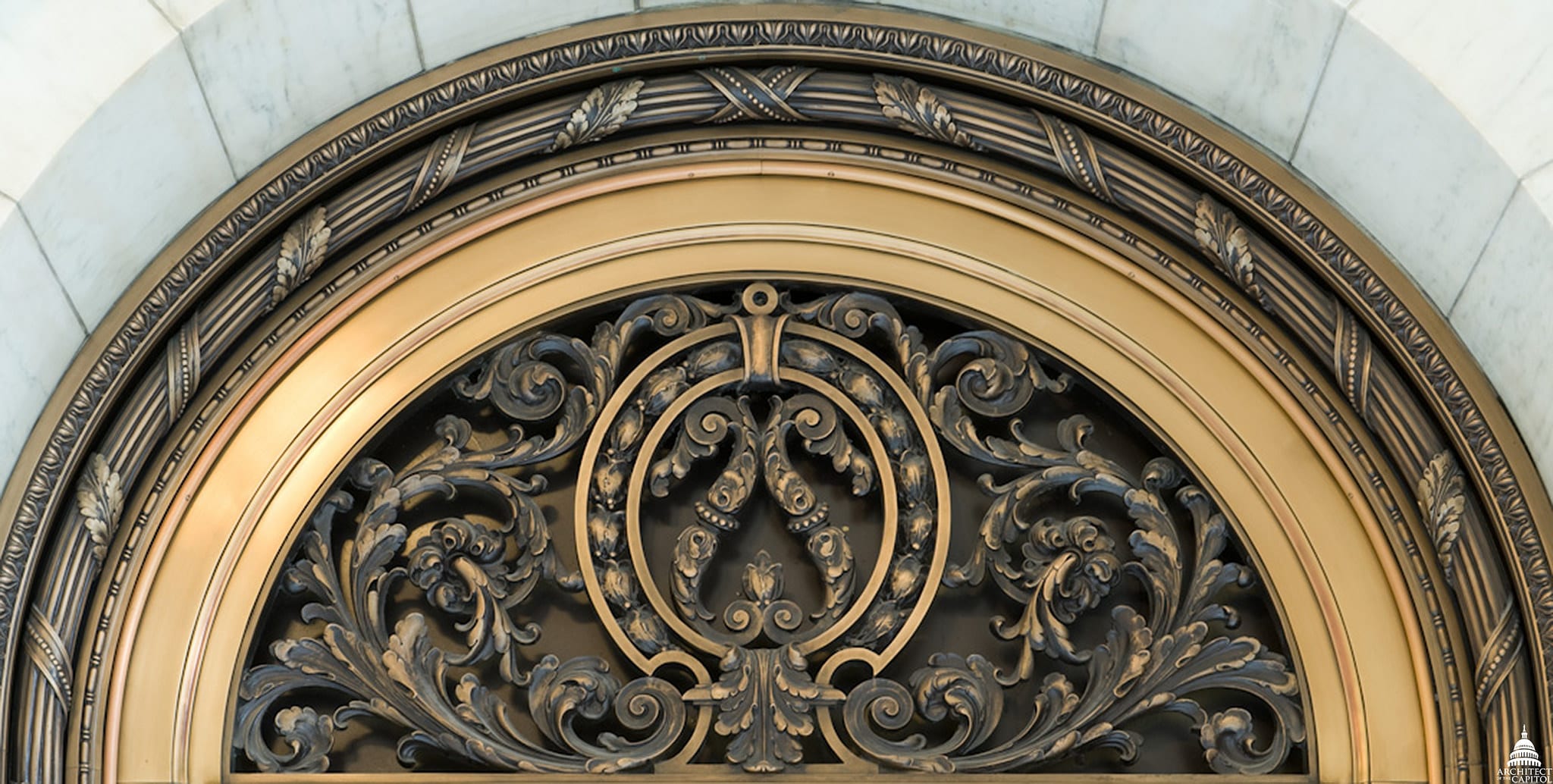













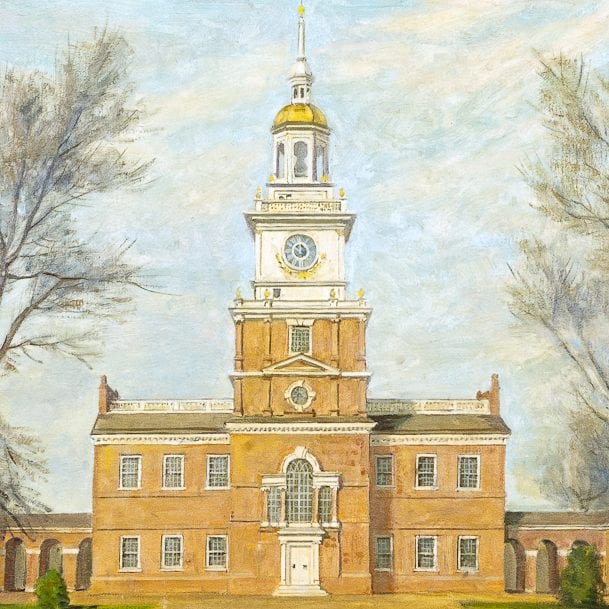
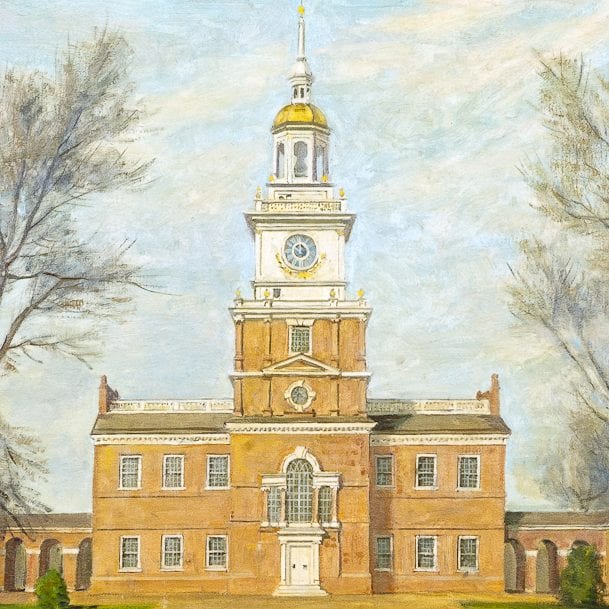





































































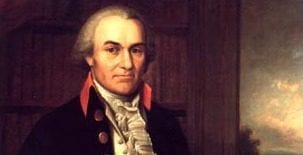



























![Finley, A. (1829) Pennsylvania. Philada. [Map] Retrieved from the Library of Congress, https://www.loc.gov/item/98688548/.](/content/uploads/2024/02/Map-of-PA--273x190.jpg)





















